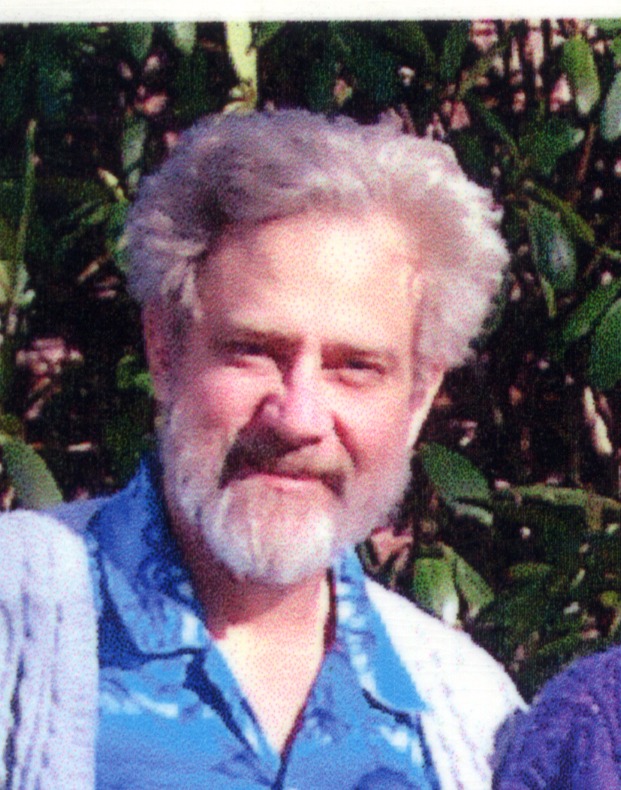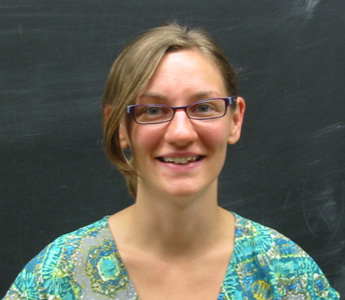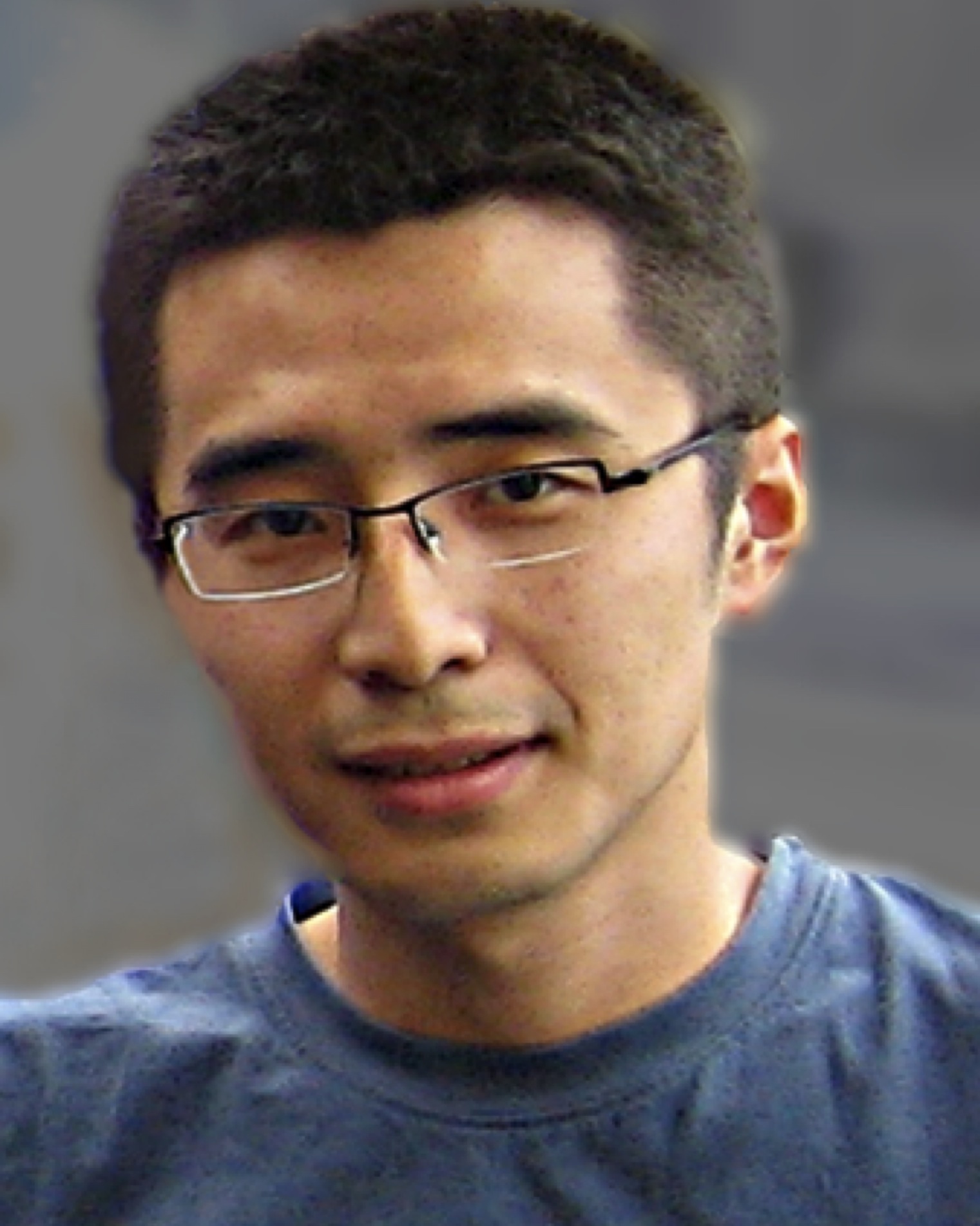
| Home | News | Events | Students & Postdocs | Publications | Presentations | Research Overview | Epi-Optics Lab | UT3 Laser Lab | Focht Fellowship |
Jane and Mike Downer established this graduate fellowship in 2009 in memory of Dr. Glenn Focht, Professor Downer’s first Ph.D. student after joining the UT-Austin Physics faculty in Fall 1985. In keeping with its tribute to Glenn, this Fellowship aims to support Ph.D. candidates in the Physics Department of UT-Austin who are pursuing research in experimental physics that uses lasers in a significant way. It is intended to ease the financial burden of supporting talented experimental students faced by Physics Department faculty at any career stage who compete vigorously for extramural funds, but who lack access to endowed chair funds either directly or through collaboration with current chair-holders.
Glenn Focht (1952-2004). Eagle Scout, 1967; B.B.A. Texas Tech U., 1974; M. S. in Physics, Southwest Texas State U., 1978; Space Shuttle astronaut trainer, NASA-Houston, 1978-83; married Corinne M. L. Darvennes, 1989; Ph.D. in Physics, UT-Austin, 1990; Publications as Ph.D. student: IEEE J. Quant. Electron. 24, 431 (1988), IEEE J. Quant. Electron. 24, 1877 (1988), Optics Letters 13, 984 (1988).
Description of the Focht Fellowship The Fellowship is normally awarded annually to an eligible Ph.D. candidate to support a stipend and fringe benefits for a meaningful academic time interval (e.g. 3-month summer, 4.5 month long semester, full year), the length of which depends on available funds. Funds may not be used to purchase equipment, supplies, computer time, to recruit students, or for any purpose other than the stipend and fringe benefits of the student awardee. The Fellowship may be extended for a second year to awardees who demonstrate significant progress in their research, as evidenced by refereed publications, major conference presentations, etc. during the first year. Second-year renewals compete with new applications on an equal footing. No awardee may hold the Fellowship for more than two years. Eligibility Requirements Fellowship candidates must... … have entered candidacy for a Ph.D. in Physics, OR satisfied all requirements for candidacy, OR demonstrated clear evidence that all such requirements will be satisfied by the time of the initiation of the award. … be embarked on a Ph.D. project that is clearly and primarily experimental in nature, and that involves the use of lasers in a significant way. Students pursuing projects that are primarily theoretical or computational in nature are ineligible. … be supervised by a Physics Department faculty member in good standing who does not hold an endowed chair and is not serving on the Fellowship selection committee. Selection Criteria … demonstrate strong promise for successful experimental research, as evidenced by publications, major conference presentations, preliminary research performance, a strong graduate-level academic record, strong recommendations from faculty supervisor(s), collaborators and teachers, or other criteria deemed appropriate by the selection committee. … are supervised by faculty members who show a strong research and publication track record and have competed vigorously for extramural research funds. The selection committee may view difficulty experienced by such a faculty member in supporting a promising experimental student candidate as a favorable selection criterion. Students supervised by either new faculty or established faculty are equally eligible for this Fellowship. How to apply for a Focht Fellowship The Physics Department Graduate Office will normally email a solicitation for Fellowship applications to Physics graduate students and faculty during the Spring semester of each academic year. Applications require a CV and publication list from the candidate and a letter of support from the candidate’s supervisor, plus any additional items specified in the solicitation letter. Interested eligible students or their faculty supervisors may contact the Graduate Program Coordinator for further information at any time. The Physics Department’s Scholarship and Student Awards Committee, or a separate committee of faculty members designated by the Department Chairman, will select Awardees. How to donate to the Focht Fellowship fund Prof. and Mrs. Downer endowed the Fellowship in 2009 by donating property in Dripping Springs, Texas valued at $0.125 M. Annual earnings initially supported Focht Fellows for 3 summer months annually. By the end of 2013, the fund had grown to $0.25 M, sufficient to support a student for one long semester (4.5 months) annually. Your donation can help the endowment reach a level (approximately $0.75 M) at which its earnings can support a student year-round in perpetuity. ON-LINE Donations: You may donate at the College of Natural Sciences' secure gift and donations web site by following these simple on-line donation instructions. TELEPHONE Donations: Call the College of Natural Sciences donations line at 512-471-3299 or 800-687-4602 and provide your credit card information over the phone. Mention the "Jane and Mike Downer Endowed Presidential Fellowship in Laser Physics in Memory of Glenn Bryant Focht" by name. U. S. MAIL: Alternatively, you may download and fill out a donation form and mail your contribution to the address indicated on the form. Past Focht Fellows • 2010 and 2011: Woosuk Bang (Todd Ditmire, supervisor); Thesis project: “Cluster Fusion Experiments on the Texas Petawatt Laser”, earned Ph.D. August 2012. Publications acknowledging support of Focht Fellowship: W. Bang et al., “Optimum laser intensity for the production of energetic deuterium ions from laser-cluster interaction,” Phys. Plasmas 20, 093104 (2013). Glenn Focht’s family (wife Corinne Darvennes, left; daughter Angeline and son Cyril) with inaugural 2010-2011 Focht Fellow Woosuk Bang, right, and Prof. Mike Downer, front, in 2011.
• 2012: Katie Schalk (Manfred Fink, supervisor); Thesis project: “Non-dispersive Raman spectroscopy of trace molecules”
Katie Schalk, 2012 Focht Fellow
• 2013: Zhengyan Li (Mike Downer, supervisor); Thesis project: “Single-shot 4D visualization of evolving light-velocity objects”, Ph.D. anticipated Spring 2014. Publication acknowledging support of Focht Fellowship:
Zhengyan Li, 2013 Focht Fellow
|


